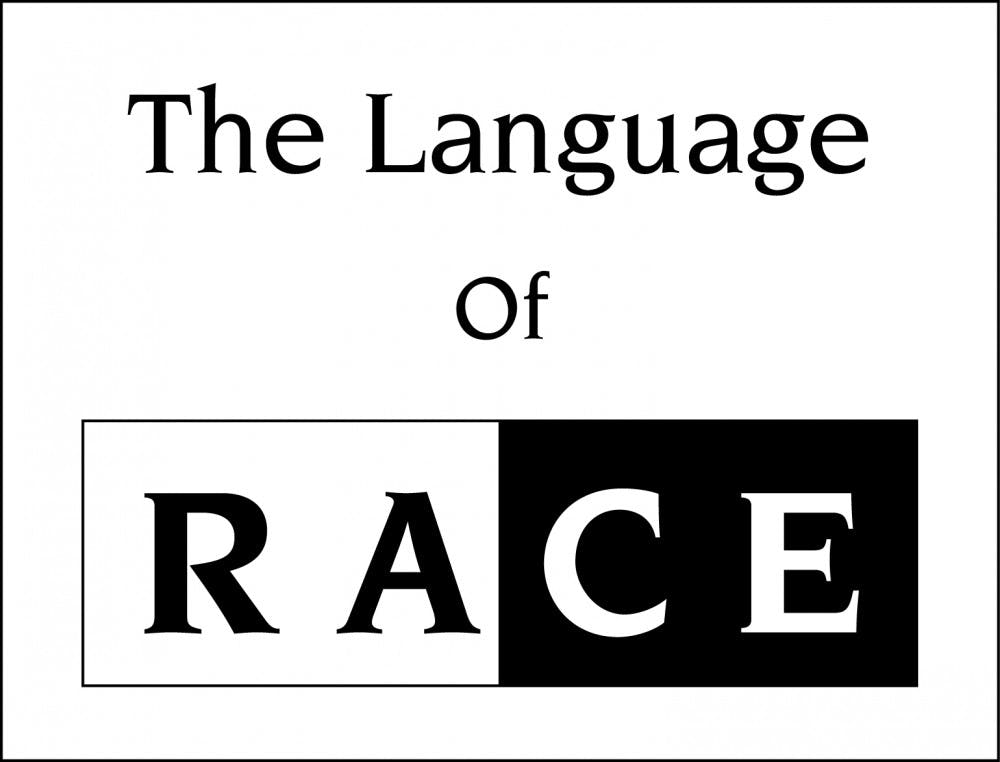By Matthew Storrer | Contributor
The roots of animosity and resentment toward our fellow men often begin in a mistaken interpretation of their motives. Certainly, sinister motives do exist in abundance, but the romantic in me believes both the offender and the offended are, at heart, never intending to hurt. Something is simply lost in translation. After all, words are just as broken as we are. That said, I want to begin this article with a declaration of motives, and I hope readers can find it in themselves to approach my words first and foremost with grace. My intentions here are simple: I want to give my thoughts on that which I believe will strengthen unity and lessen division.
The language we use to address whites in the race conversation needs to change. Privilege, oppression, supremacy, white guilt, etc. I see these terms thrown around in every dialogue over race I've been a part of, most often by white speakers, and there is no doubt much truth to them. However, that truth doesn't matter. Not in this case. Regardless of the legitimacy of these words, those who use such terms are serving to further create a rift between the white race and others.
When I first tried to discuss white privilege with my father, he quickly grew frustrated. And why shouldn't he? My father is one of the hardest-working men I know. He began his career as a full-time garage mechanic in the summer when he was 12 years old, and he has sweated and strove for every dollar he has made since. So for someone to come to him and tell him that he got where he is today simply thanks to his skin color is insensitive if not downright offensive to him. Telling white individuals they need to acknowledge and somehow compensate for their privilege is like telling nonbelievers they need to repent because they are going to hell. It might be true, but it does little to actually sway them toward productive change. If anything, this use of guilt accomplishes the opposite, pushing them further into their preset beliefs that they are right and that the scoundrels lambasting them with guilt don't know anything.
What problems are solved by this type of interaction, regardless of its validity? In what way does it serve to heal, to offer hope or redemption? Since when has self-deprecating language ever been healthy or helpful? Yet it is the only language that seems to be accepted when discussing white roles in racial issues. It's counterproductive. It's paralyzing. It's defeatist in nature. If white people feel they are going to be vilified no matter what they say or do, what motivation do they have to engage with those different from them?
Again, it isn't a question of factual accuracy. I'm not here to debate to what extent privilege exists or how innate oppression is to the white race (if such a thing can even be argued empirically). No, this is a question of what is the best course of action to move us all forward together-what best heals the ever-growing racial divide in this country? After all, that's the goal, isn't it? That's the motive behind these conversations on race? To unite under a banner of shared humanity, not divide into isolated pockets of bitterness and mistrust? I am behind whatever actions and language best achieves that ultimate end, and unless we change the way we address whites, there will be less and less incentive for them to join in the cause.





